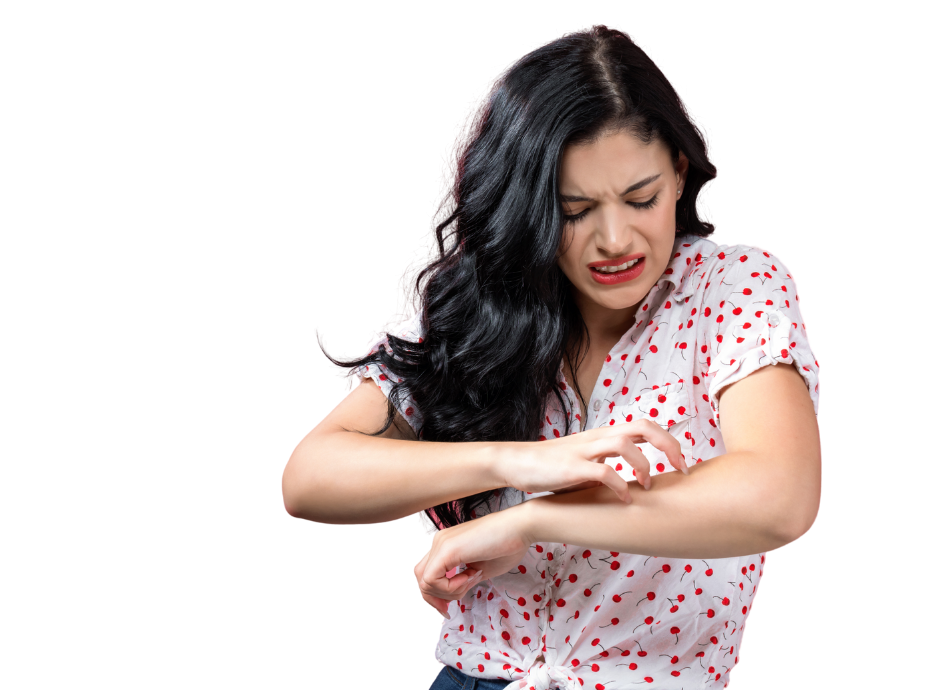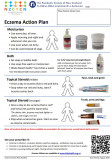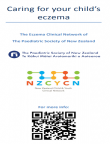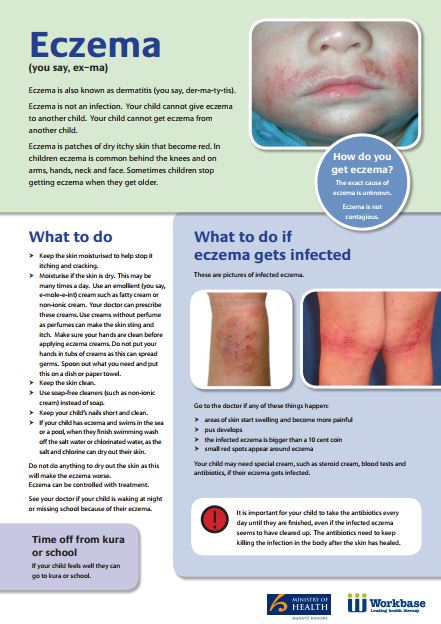Atopic eczema, also called atopic dermatitis, is a very common skin condition that causes your skin to be dry, itchy and red (inflamed).
The exact cause of eczema is not known but health professionals believe it's caused by a combination of genes and environmental factors. Some people with atopic eczema have a lower amount of a protein called filaggrin. Filaggrin plays an important role in keeping your skin barrier healthy, so having a lower level leads to dry skin and increases the risk of developing eczema.
People with atopic eczema also tend to have an overactive immune system which can be triggered by a substance inside or outside of the body, causing inflammation.
The video below talks about what causes eczema.









